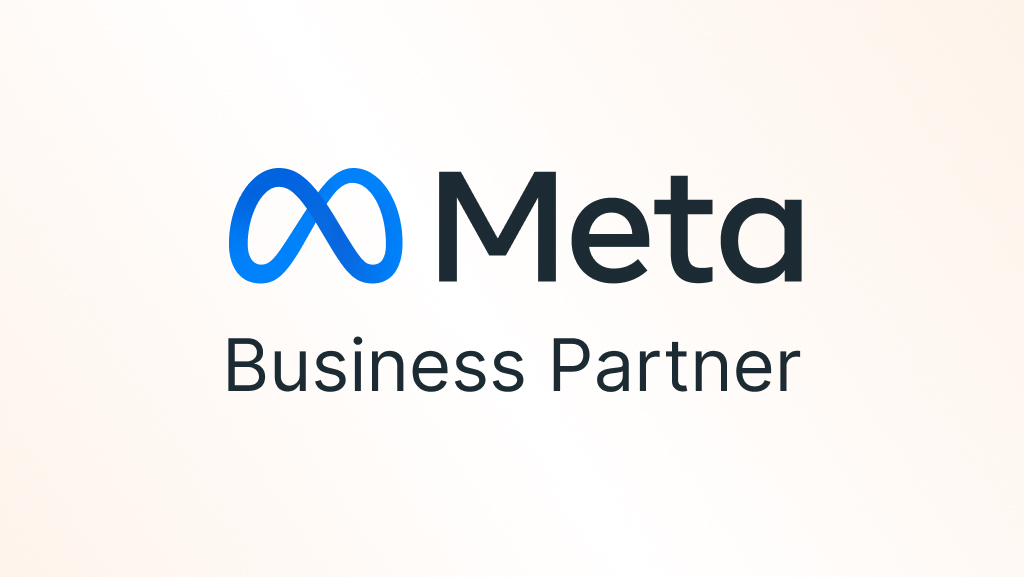Introduction
At Shag Infotech, we believe that securing high rankings on Google is crucial for the success of any online business. We offer specialized search engine optimization services to help your website or content achieve top positions on search engine results pages without needing paid advertising. Our team of experienced professionals will collaborate with you to develop the most effective SEO strategies to help your business gain visibility on Google and other search engines, ultimately driving growth and success for your brand. Don’t let your competitors have the upper hand – trust Shag Infotech to improve your online presence today.
What is the golden rule of SEO?
Search engine optimization (SEO) is optimizing web content to rank higher in search engine results. For non-tech-savvy individuals, SEO may be an incredibly complex concept to understand, as this ever-changing discipline requires a lot of flexibility to stay on top of the rapidly evolving technology. However, while tactics and strategies vary according to search engine algorithms, everyone should follow fundamental SEO principles. SEO has become an essential part of web development and marketing, as it can help web content become more visible and attractive to potential customers.
To ensure that your content is well optimized, you must become familiar with the entire optimization process, from researching keyword phrases to implementing them onto the site to monitoring and updating content. Additionally, you must understand the different types of SEO tactics and how they can affect your results. Whether on-page optimization, such as meta tags and URL structure, or off-page optimization, like link building and content marketing, it’s important to stay updated with industry news and trends. With discipline and a few proven strategies, you can surely have lasting success with your SEO efforts.
1. Create value for users
Google’s top priority is to provide maximum value to its users. This highlights the importance of publishing high-quality content that is useful and informative to search engine users. To ensure this, websites must offer original, authoritative, and top-notch quality content that search engines can crawl and index. When search engines offer users high-quality results, they are more likely to rank the website higher, leading to increased traffic. Therefore, to unleash the full potential of a website, it is crucial to prioritize creating value for users.
2. Disavow irrelevant backlinks
Having irrelevant links on other websites pointing to your domain negatively affects your SEO efforts. For example, a link to a childcare business on an adult site would harm search engine rankings. Having your URL hosted on inappropriate websites for your business should be avoided at all costs to get the most out of your SEO efforts. Keeping an eye on where links to your domain are placed is key for successful SEO.
3. Make sure your website looks great and performs well for users
Users are always searching for something on search engines, and thus, search engines prioritize websites with excellent user experience. Factors like how quickly a website loads and how easily users can access what they’re looking for play an essential role in making a website stand out among its competitors. Search engines will award high-quality websites with a significant rankings boost to facilitate user satisfaction. The golden rule of SEO, optimizing user experience, will probably stay in fashion forever as it is an important determining factor for successful digital marketing campaigns.
10 Golden Rules of SEO
Search Engine Optimization (SEO) has become necessary for businesses and marketers, as it can greatly boost site visibility and sales. 91% of marketers have seen improved sales figures by utilizing SEO, increasing their search page rankings. To help maximize your success, consider using these 10 golden SEO article tips to increase site traffic and sales. With these tips, you can establish a stronger presence on the web, leading to increased visibility and greater success.
1. Use Unique Keywords
If you want your article to rank higher on Google, you need to be smart and savvy with your keyword choices. First, research what keywords people are already searching for and use them in your article. This helps you stay ahead of the competition and get more people to visit your page. Additionally, try looking through questions others have asked about your topic for more variance. This could ultimately drive more traffic to your website.
2. Quality and Unique Content
Engaging and informative content is crucial to keeping your audience hooked to your website. Aim to be an expert in your field and share valuable insights to keep them captivated. Quality is paramount. Hence, ensure that your articles are free from any grammatical or factual errors. Remember, your readers desire to learn something new, so provide them with compelling reasons to stay engaged.
3. Add Images
Using your images is a great way to stand out and engage your site visitors with optimized images that strongly relate to your content. Your original images will resonate better with your audience as they have not seen them before. Don’t forget to add your keywords and sections of the content when optimizing your images, as this will ensure they stay relevant and connected to your topic – it’s worth the extra effort.
4. Authority Links
When it comes to increasing the credibility of your page, authority links are a great way to do so. After all, who can you trust more – someone who has devoted their life to studying something or has done nothing except walk around when starting and add links to top pages currently ranking high on Google search results. This may end up being beneficial for both the associated page and yourself.
5. Article Length
If you’re looking to boost traffic to your website, writing lengthy blog posts may not be the best approach. Instead, try to find the ideal word count for your topic by conducting a simple Google search and analyzing the top three results. In most cases, SEO articles should be kept to around 2,000 words. Anything longer may cause readers to lose interest and hurt your site’s traffic.
6. Paragraph Length
Keep paragraphs on web pages concise for optimal results – limit them to three sentences. This makes it easier for readers to digest information clearly and straightforwardly. Utilize simple language and short sentences to convey your message efficiently and effectively. By doing so, you can instantly capture your audience’s attention and keep them engaged with your content.
7. Photo and Video Placement
Using vibrant colors and designs in marketing is a powerful tool to draw people’s attention. Not only do colors provoke certain emotions, but colors also boost visibility with search engine optimization. Pictures and videos are also essential for better understanding, especially for visual learners. Therefore, colors, pictures, and videos are essential tools for driving traffic to content.
8. SEO Title and First Heading
Using the right SEO title on your Google search page is essential in driving organic, natural traffic to your website. Your page will be ranked higher if the title includes your main keyword associated with the topic. It’s important to accurately state the topic in your title, as it’s your first opportunity to make a good impression on potential readers. Also, include your brand name in the title, so readers can easily find you in future searches. With the right SEO title, you can ensure your content stands out.
9. Meta Description
A meta description is a short, but powerful synopsis of your page, located just below your SEO title. Your meta description should be no more than 160 words, with enough information to make readers want to click through. Utilizing some main and secondary keywords in this section can drastically boost your SEO rankings and make it more likely for your site to appear at the top of search engine results on pages. However, make sure to keep everything grammatical and concise for maximum effectiveness.
10. Google Analytics
Page speed is an important factor for website success, and Google Analytics helps you measure this. Track how many visitors come to your site, where they’re from, and how they arrived – so you can adjust your keywords and articles. With this data, you can make more targeted content and analyze readers’ click paths to see where they came from and how to encourage their return.




